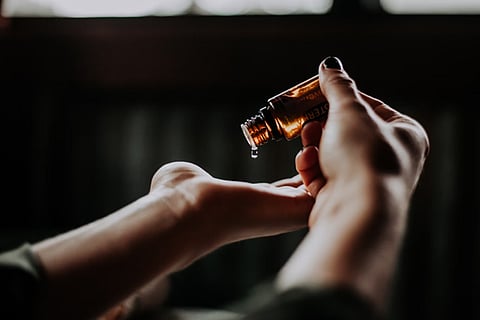What Really Helps When Your Skin Starts Acting Up
Everyone deals with skin issues at some point. One week your skin feels smooth and clear, and the next it’s red, itchy, or breaking out for no clear reason. When skin flares up, it can be frustrating and even embarrassing, especially if nothing seems to calm it down. But you don’t have to live with irritation forever. A few smart changes can make a huge difference, and the best part is that they often start with things you can control.
Instead of piling on more products and hoping something works, it helps to step back and understand what your skin really needs. Listening to your body, looking at your habits, and being patient with the process are all part of figuring out what will actually help.
Less can sometimes do more
When skin gets irritated, it’s easy to start adding more products. A new cream, a stronger cleanser, or a spot treatment might seem like a quick fix. But using too many active ingredients can overload the skin and make things worse. Harsh products can strip the natural oils, leading to even more dryness or breakouts.
Try simplifying your routine. Use a gentle cleanser, a calming moisturizer, and sunscreen during the day. Let your skin settle before trying anything new. This gives you a better idea of what actually works and what might be causing the problem in the first place.
Look at your habits, not just your products
What you put on your skin matters, but what’s going on inside your body matters too. Stress, diet, sleep, and even your environment can all play a role in how your skin behaves. Sometimes just getting more rest or cutting back on processed foods can help reduce redness or flare-ups.
Think about when your skin tends to act up. Is it during busy weeks? After eating certain foods? Once you notice a pattern, you can start making small changes to help balance things out.
New treatments offer at-home options
If your skin issues are more serious or keep coming back, it might be time to explore other options. One useful choice is home phototherapy, which uses safe light treatments to calm inflammation and reduce symptoms of certain skin conditions like eczema or psoriasis. It’s often used under the guidance of a doctor and can be a helpful part of long-term skin care without needing to leave the house.
This kind of treatment is different from using regular skincare products. It works below the surface and is designed to help with deeper issues, not just surface-level symptoms.
Be kind to your skin and your mindset
It’s easy to feel self-conscious when your skin isn’t at its best. But getting frustrated only adds to the stress, which can sometimes make flare-ups worse. Instead of focusing only on appearance, focus on how your skin feels and what it’s trying to tell you.
Everyone’s skin journey is different. Learning your own skin care secrets takes time, and comparing yourself to others rarely helps. Trust your process and make choices that work for your needs.
Inspired by what you read?
Get more stories like this—plus exclusive guides and resident recommendations—delivered to your inbox. Subscribe to our exclusive newsletter
Resident may include affiliate links or sponsored content in our features. These partnerships support our publication and allow us to continue sharing stories and recommendations with our readers.

